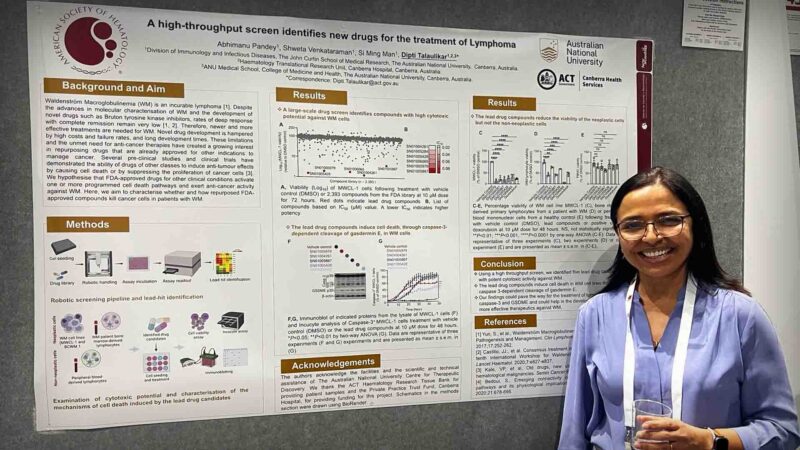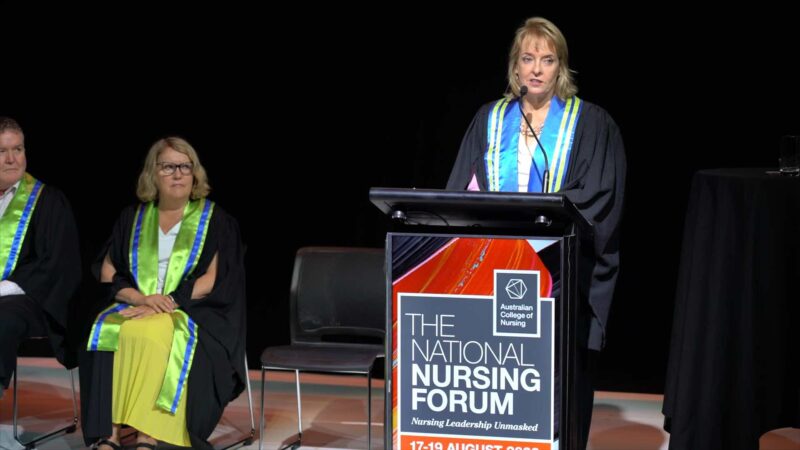NEONATAL RESPIRATORY TRIALS IN SICK & PRETERM NEWBORN INFANTS
Professor Brett J. Manley, Consultant Neonatologist
Mercy Hospital For Women, Melbourne & Professor of Neonatal Medicine, Department of Obstetrics, Gynaecology and Newborn Health, University of Melbourne, Australia
RESEARCHER PROFILE
Filmed in Melbourne, Australia | August 2025
Professor Brett J. Manley is a Consultant Neonatologist at the Mercy Hospital for Women in Melbourne, Australia, and a Professor of Neonatology in the Department of Obstetrics, Gynaecology and Newborn Health at The University of Melbourne. His research is supported by a fellowship from the National Health and Medical Research Council (NHMRC), Australia.
He divides his work time between being a clinician in the neonatal intensive care unit (NICU), and a clinical researcher. He is passionate about caring for sick and preterm newborn infants and contributing to the evidence base for their care, to improve their shorter- and longer-term outcomes.
Prof Manley leads and collaborates on large national and international randomised clinical trials in neonatology. He previously collaborated on 4 randomised trials of nasal high-flow as non-invasive respiratory support for preterm and term infants, all of which were published in N Engl J Med. Recently he led the PLUSS trial of intratracheal budesonide for extremely preterm infants, that recruited in 21 NICUs across 4 countries, the results of which were published in JAMA. PLUSS was awarded the Australian Clinical Trials Alliance Trial of the Year in 2025. Another passion of his is mentoring and supervising early career researchers to undertake their own clinical trials.
Source: Supplied
You Might also like
-
New treatments for patients with mental illness
Associate Professor Bernadette Fitzgibbon is a neuroscientist with several decades of experience in researching, developing, and translating novel therapies for mental health and chronic pain conditions. This includes the application and optimisation of brain stimulation and psychedelic therapies, overseeing large multi-site intervention trials, both within Australia and abroad. Through her work, she has developed meaningful collaborations with consumers, volunteers, policy makers, and services providers, ensuring that the outcomes of her work contribute towards real-world clinical impact.
-
Lymphoma, Myeloma and Genomics
Professor Dipti Talaulikar is a clinical and laboratory haematologist with expertise in genomics, working at Canberra Health Services, and Professor at ANU. She has a clinical and research interest in lymphoma, myeloma and genomics, and has authored close to 100 peer reviewed papers, including several clinical guidelines that have had a significant impact on clinical practice.
-
Professor Sandy Middleton
NURSING RESEARCH INSTITUTE, ST VINCENT’S HEALTH NETWORK SYDNEY, ST VINCENT’S HOSPITAL MELBOURNE AND AUSTRALIAN CATHOLIC UNIVERSITY
NEW SOUTH WALES, AUSTRALIA

 https://orcid.org/0000-0003-0212-7956
https://orcid.org/0000-0003-0212-7956


